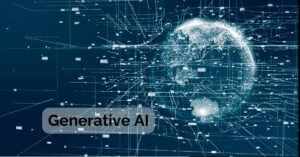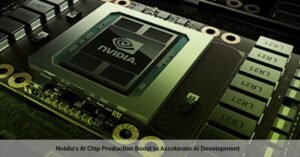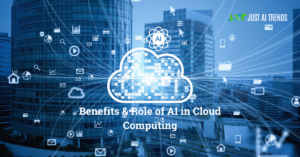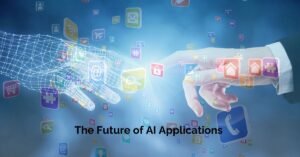
August 5, 2024

Artificial intelligence (AI) has rapidly transformed from science fiction to a tangible force shaping our world. From self-driving cars navigating city streets to healthcare diagnostics powered by complex algorithms, AI is revolutionizing industries and fundamentally changing the way we live.
This rapid evolution raises profound questions about the future of AI, its potential for self-awareness, and the societal impact it will have.
This article delves into these critical aspects, exploring the current state of AI, its potential benefits and risks, and the ongoing debate surrounding its control and development.

The concept of artificial consciousness is one of the most intriguing and controversial aspects of AI. While current AI systems exhibit impressive capabilities, they operate on complex algorithms and vast amounts of data, lacking true understanding or self-awareness.
It’s crucial to approach the possibility of self-aware AI with both optimism and caution. Continued research, development, and ethical guidelines are essential to ensure that any potential benefits are maximised while minimising risks.
The rapid advancement of AI has outpaced the development of robust regulatory frameworks, raising concerns about who holds the reins of this powerful technology.
It is clear that a multi-stakeholder approach is necessary to effectively govern AI. Collaboration between governments, industry, academia, and civil society is crucial for developing robust regulatory frameworks and ethical guidelines.

The impact of AI will be far-reaching, affecting individuals, industries, and societies in diverse ways.
Mitigating the negative impacts of AI and maximising its benefits requires careful planning, policy interventions, and investments in education and retraining programs.
Determining the “most powerful” AI is a complex question, as it depends on various factors such as processing power, data access, and the specific tasks it’s designed to perform. There’s no single metric to definitively crown one AI as the most powerful.
It’s essential to approach the concept of “most powerful AI” with caution. Instead of focusing on a single “winner,” it’s more productive to recognize the strengths and weaknesses of different AI models and understand their potential applications.
Measuring AI intelligence using a human-centric metric like IQ is challenging and misleading. IQ tests are designed to assess human cognitive abilities, including problem-solving, reasoning, and memory. AI systems, on the other hand, excel in specific tasks but may lack other human-like cognitive functions.
Rather than focusing on a single IQ score, it’s more informative to evaluate AI systems based on their performance in specific domains and their potential impact on society.
Pinpointing a single creator of AI is challenging, as it’s the culmination of decades of research and contributions from numerous scientists and engineers.
It’s essential to recognize that AI is a continually evolving field, with new breakthroughs and contributions emerging regularly. The collaborative nature of AI development underscores the complexity of attributing its creation to a single individual or entity.








@2023-2024-All Rights Reserved-JustAiTrends.com